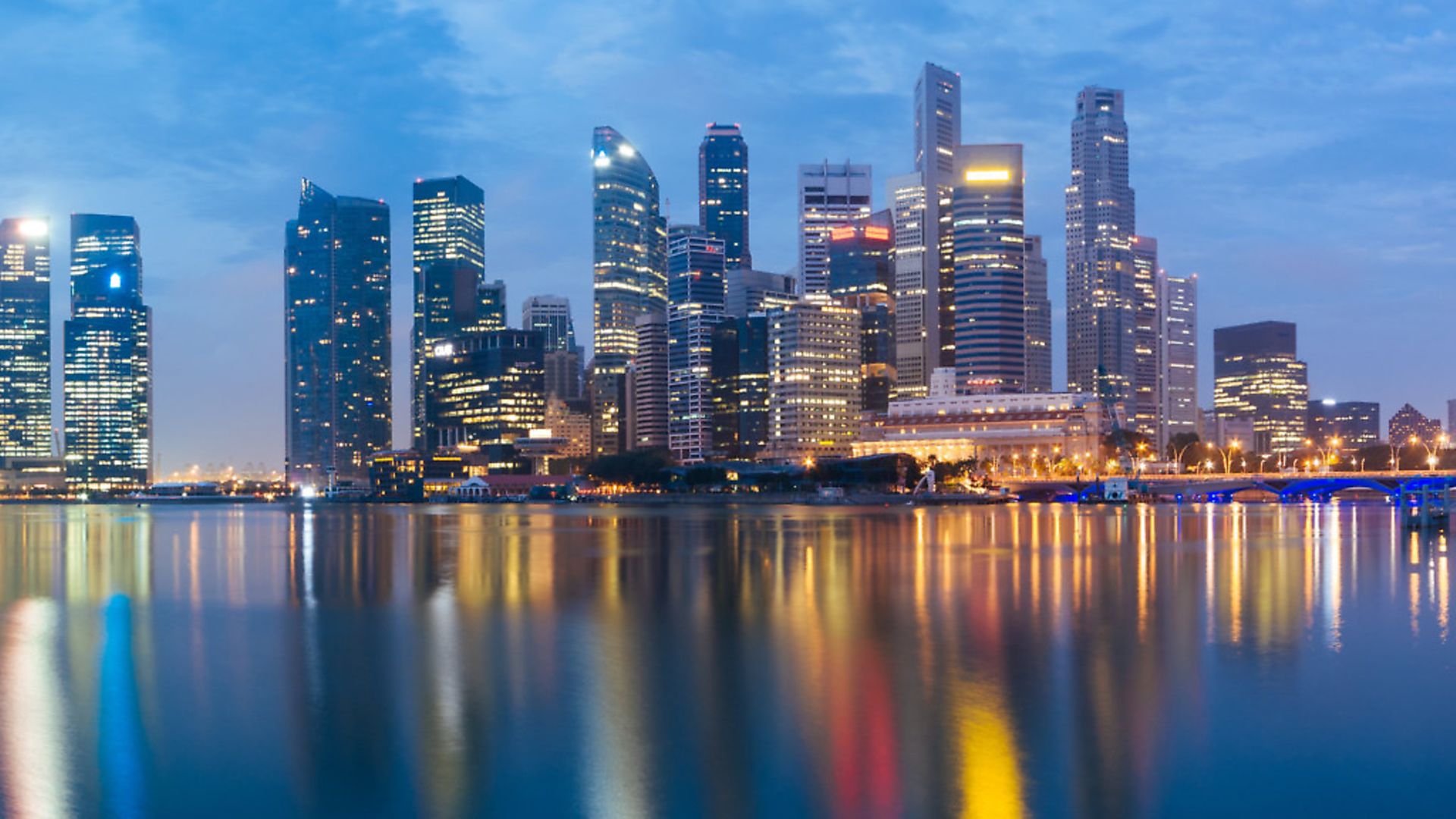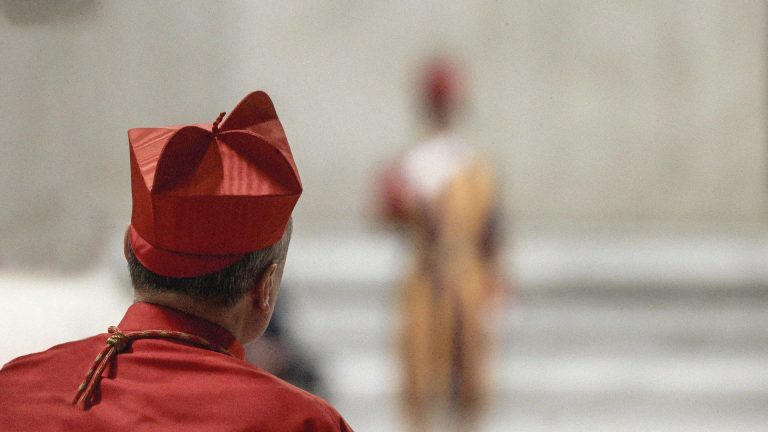
Long considered a lodestar of go-it-alone globalisation, Singapore now needs its neighbours more than ever
Singapore is cited by many Brexiteers as a model for Britain to follow – a low tax global trading hub with conservative social policies. The small South-East Asian city state has indeed been a success story since it became fully independent in 1965. But, rather than showing its old colonial masters the way, it now has its own challenges to handle.
Much of Singapore’s success in transforming itself from a sweltering, resource poor backwater into a shining star of the globalised economy is attributed to the vision of its first and long-term leader, Lee Kuan Yew. During his 31 years as Prime Minister, Lee saw how Singapore could exploit its most significant natural asset – its strategic location as the gateway to East Asia. By developing its port and positioning the country as a stable, efficient and ultra business-friendly location.
Singapore was able to attract huge quantities of inward investment. As well as providing good quality jobs for its people and drawing in numerous expatriates, this had the mutually reinforcing benefit of providing the funds to build a sparkling modern city with first class infrastructure and facilities.
The other side of Lee’s rule was an authoritarian streak. Power was concentrated in his hands. Policies were socially-conservative and designed to inculcate a level of discipline that Lee thought was essential for economic success and attractive to investors. Notoriously, this even went as far as a ban on chewing gum. Lee’s authoritarianism was largely accepted by the citizenry because economic progress kept on coming.
After a decade in which one of Lee’s deputies was appointed Prime Minister and overseen by the old man as ‘Senior Advisor’, Lee was eventually succeeded as premier by his son, Lee Hsien Loong, in 2004. Lee Senior died in 2015.
Lee the younger is far from being clueless in the role. But he lacks the rare wisdom and foresight of his father and would have been unlikely to become Prime Minister had he been anyone else’s son. Since attaining the office, Lee has made a series of policy missteps, leading to a less positive political and economic outlook than that to which high-achieving Singapore has become accustomed. The failure to keep pace in infrastructure development has led to frustration over housing costs and overcrowded public transport. A rapid increase in immigration to combat low-birth rate and solve Singapore’s labour shortages was also poorly managed and has caused resentment.
Lee’s recent mishandling of a dispute over the future of the long-standing family home is emblematic of his clumsiness. The patriarch, Lee Kuan Yew, had decreed that the house should be demolished after his death. He wanted to avoid it becoming a focal point for any unhelpful cult of personality or, ironically, a source of familial disagreement. Lee argued for preserving the house whilst his sister, Lee Wei Ling, and brother, Lee Hsien Yang (who is chairman of the Civil Aviation Authority of Singapore), wanted to follow their father’s instructions. During the very public spat, the Prime Minister’s siblings accused him of seeking to exploit their father’s legacy to groom his own son to inherit his office. Attempting to override the wishes of a deceased elder is not a good look in a place where they are traditionally highly respected.
Singaporeans are used to more buttoned-up governance and the soap opera style saga has fascinated and appalled them in equal measure. More importantly, it has served to highlight how their society is less of a meritocracy than they have long been told and like to believe. There is a strong whiff of nepotism in having one family holding so many senior positions. These include Prime Minister Lee’s daughter-in-law heading Singapore’s massive sovereign wealth fund.
The Lees’ increasingly dynastic approach contradicts the ideal of hyper-professional administration that many Singaporeans cherish and see as fundamental to their state’s success.
These wobbles have come at an inopportune time for Singapore. Whilst it is by no means failing, it is facing greater challenges to its position and prosperity than for many years. The worldwide trend for reining in globalisation is worrying for Singapore. It bet the farm early on globalised trade and arguably succeeded more than any other country in making globalisation work for it.
China’s rapid development was a key component of this success but is now becoming a threat. Rather than using Singapore as a safe stepping stone to and from the Chinese market, some businesses are bypassing it. The container traffic at Shanghai’s port is expanding rapidly, whilst Singapore’s is stagnating (although it is still the world’s second busiest). Hong Kong’s stock market is attracting more listings from Chinese companies. Its location also enables enterprises to use neighbouring regions of mainland China for low-cost manufacturing on a scale Singapore cannot match. As a result, Foreign Direct Investment into Singapore fell by 13% in 2016.
Few nations on earth are structured to be as reliant on trade with their regional neighbours as Singapore. Singapore’s foreign policy doyen, Kishore Mahbubani, has been an influential commentator on international relations from a non-Western perspective for many years. In a recent article in Singapore’s leading newspaper The Straits Times, Mahbubani expressed concerns about the government’s clumsy approach to its neighbours, particularly China.
He criticised Singapore’s officials for elevating principles above national interests, particularly their wading publicly into the dispute over China’s assertion of territorial rights in the South China Sea. As Mahbubani points out, Singapore depends more than any other nation on peace and stability reigning in East Asia, given that its total external trade is an astounding 31 times the size of its GDP. In his view, the Singaporean government should seek more discreet ways to express its views, rather than openly antagonising the rising superpower in the region. According to Mahbubani, ‘in the jungle, no small animal would stand in the way of a charging elephant, no matter who has the right of way, so long as the elephant is not charging over the small animal’s home territory’.
Singapore faces a further challenge in adapting its workforce. Wages and costs are rising and the ingredients for success are changing in an increasingly automated and IT dominated world. The value of sheer hard work and human efficiency in following procedures is diminishing. Creative thinking and innovation are now needed above all else.
Singapore has successfully overcome challenges before and remains a dynamic, attractive and successful state. To retain its position, it will need to adapt again. Its politics needs to become more democratic and less dynastic, to enable the most capable leader to rise to the top. Economically, it needs to move further away from competing purely on efficiency and towards increased creativity. All of this is predicated on maintaining its deep integration with its continent’s markets and trading structures. In this respect, at least, it is a model for Britain to follow. But not in a way any Brexiteer would like.
Paul Knott is a writer on international politics. He spent 20 years as a British diplomat, with postings to Romania, Dubai, Uzbekistan, Ukraine, Russia and the European Union in Brussels









